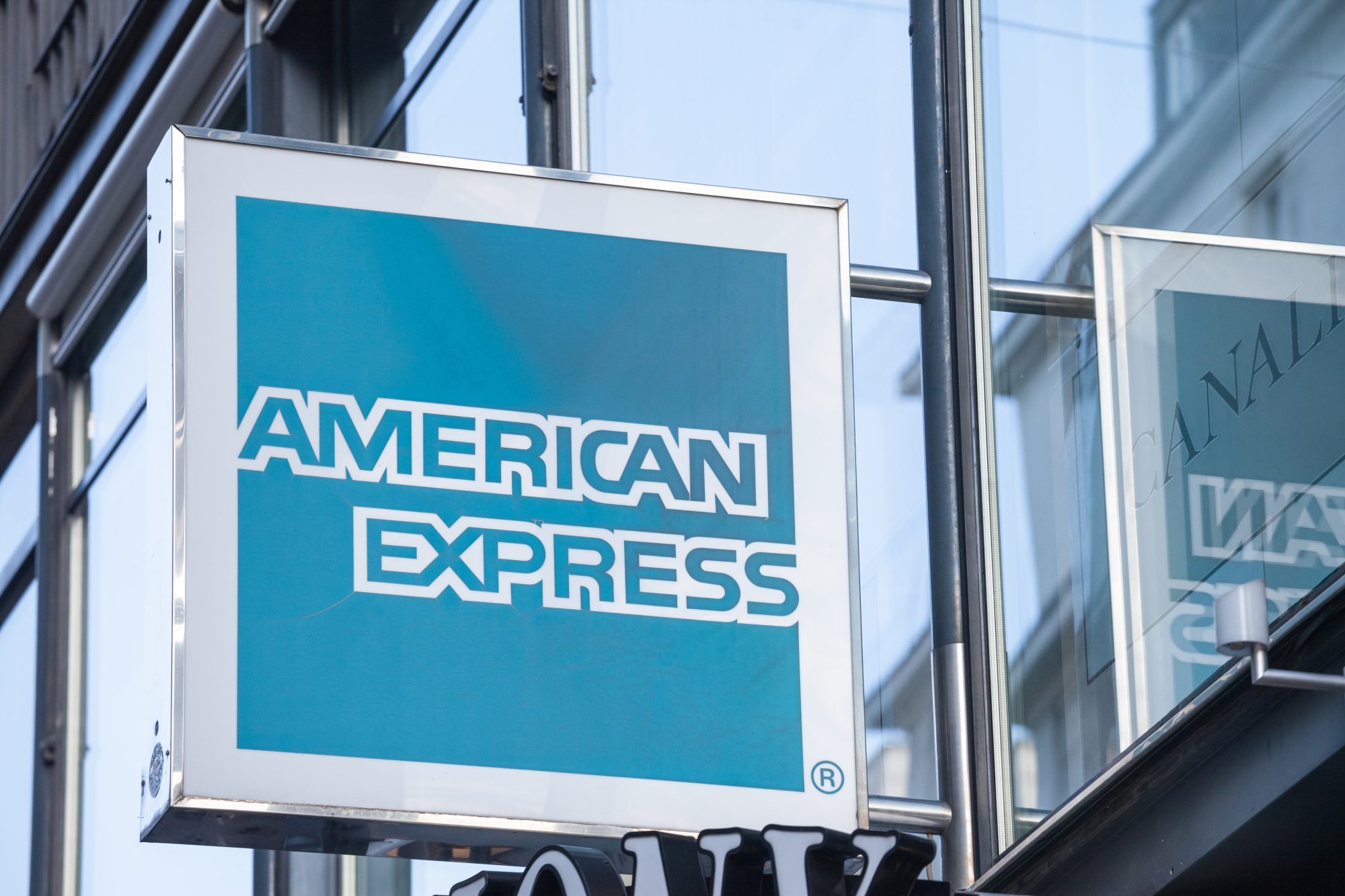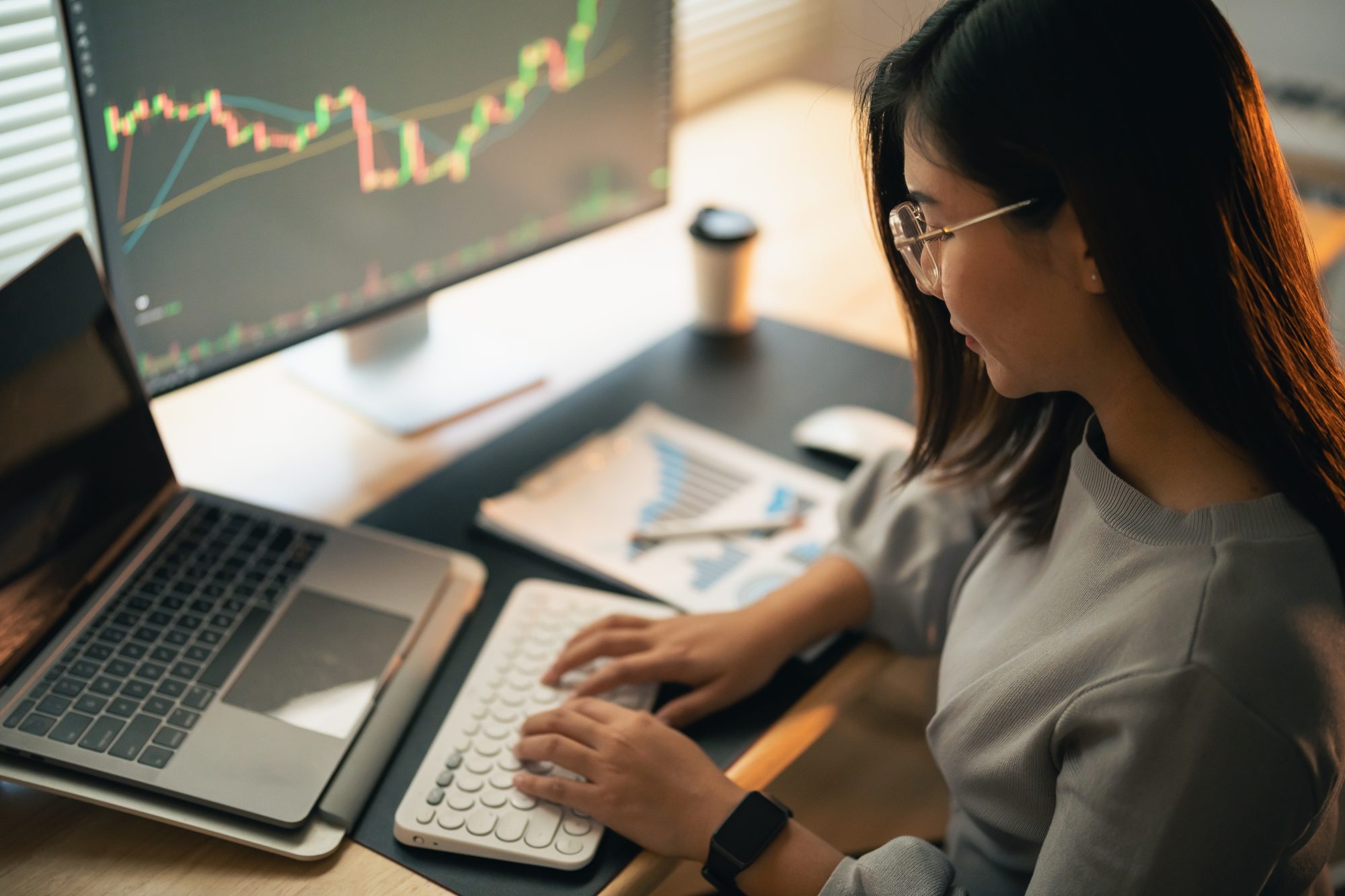An interview with Co-Founder and CEO of Blackrock, Larry Fink. In this interview, Larry discusses his views on trade, bull markets and interest rates. Larry also talks about passive investing and the role of business school education.
Q1 hedge fund letters, conference, scoops etc, Also read Lear Capital: Financial Products You Should Avoid?
Larry Fink: Markets, Trade And Passive Investing
Transcript
Well it's always be it's always great to be back on my campus so I'm really pleased to be back at UCLA. No I don't know if the bull market is over but we're going through a normalizing process and interest rates. I would say 2017 was the anomaly. We all forget that 2017 we saw record low volatility. We had interest rates really even with the Federal Reserve raising the short rates. The intermeeting along rates really didn't move much and now we're starting to see more normalization go on. And for big and important reasons we are we are three point nine percent unemployment. We are we have indications that we're starting to see real wage inflation. We have concern about the scale and size of our deficits. And I think that's going to be the key issues at the end of the fourth quarter last year. We were excited about those. You know all the tax reforms now we have to start paying for it. And and and so there's a deep in and a pretty important worry about the scale of these deficits and with these deficits that we are we're facing now we're going to see just huge supplies of U.S. Treasuries which between the supply of treasuries with some whiffs of inflation with more normalization going on with the Federal Reserve with issues related to China. If China does a big giant reforms that they're talking about when I hear reforms and if they do implement reforms I hear inflation because reforms mean they're going to consolidate all their state owned companies.
They're going to wring out excess supply and they will they may not be doing the dumping that people are accusing them of because they're not going to need to do that. And so you're going to start seeing China being a country that instead of exporting deflation maybe maybe it's not going to see any any change but it's not deflationary and it may become inflationary you add all that up. I think the trend for interest rates are going to be higher. And the question is could that derail the U.S. equity market. Not at the moment. So I think we hit an inflection point in the beginning of the year. I mean a lot of people are saying that that you know burst in January was the end of the work. That was a burst. It it may become the end of the bull market only we have enough evidence. Clearly we were having record earnings and record earnings are not are not stimulating higher prices and I think that's another indication I would also say Andy as you know we're seeing record Emond a record emanate always tells you that we're at the last stage of an economic growth Jelley when CEOs do these record amount of mergers. It tells you they're worried about their future growth and so they do these big giant mergers. Now that's conventional wisdom. The record amount of merger just may be as a result of the tax reform that now most companies are they have as much as 18 percent fewer less taxes and so their free cash flow is enormous so they can be used that remedy. So but I would say at all historical indications emanates is a late stage economic indicator not an early stage.
And so you add that up right. We'll see. And a flat yield curve or other opportunities and risk there. Does it signal a recession. No I think I believe the flat flattening of the yield curve was indicating to me that we still have record pools of cash. And if you look at where U.S. rates were U.S. 10 year rates at 3 10. If you look where German rates and Japanese rates I mean it is a a great advantage for foreigners to be buying our rates and so that's keeping the yield curve flatter than normal. I don't believe it has any indication of of a recession. And I think it's the dynamism of these global markets. What could be a catalyst for the next leg in a bull market or even further economic expansion. Well I think that's going to be the next indication. You have the Atlanta Fed forecasting a 4 percent second quarter economy. The capital markets is actually saying it's not growing as fast but if indeed we see from all the tax reforms if we see the economy growing at 4 percent plus corporate earnings as strong as they are we will have another leg up. Now if the capital markets are right that the economy is just not growing as fast as maybe some people are forecasting then I believe we have another leg down. I think this is where I think we're entering a real pivot pivot point right now a real inflection point. Now.












